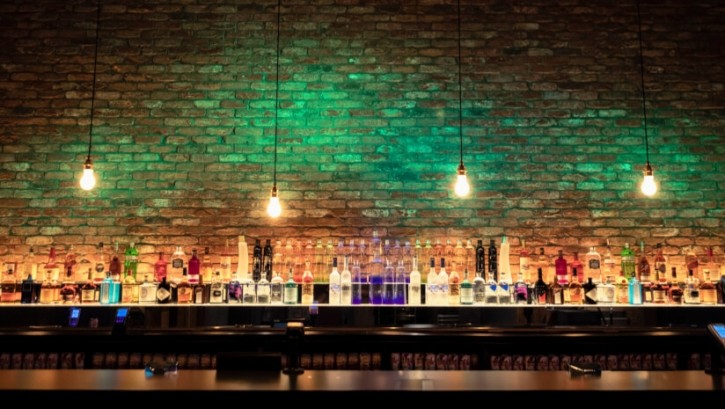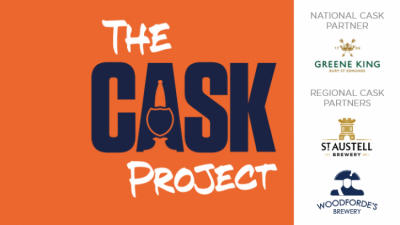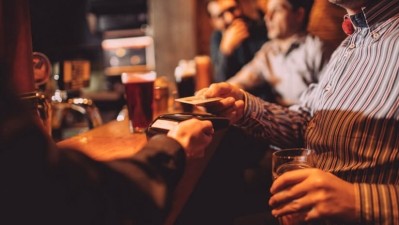Detecting and preventing counterfeit spirits

On Wednesday 4 September, the BBC reported some 35cl bottles of Glen’s vodka had been found to be counterfeit and contain isopropyl alcohol, an industry solvent which the Food Standards Agency (FSA) deemed not fit for human consumption.
In addition, the FSA said the fake vodka could have a strange smell and different taste to the genuine product and could cause alcoholic poisoning and even death in severe cases.
Head of incidents at the FSA, Tina Potter, commented: “We’re urgently making people aware that unsafe counterfeit vodka labelled as Glen’s Vodka is being produced and sold.
“It may contain isopropyl alcohol, an industrial solvent which can cause nausea, vomiting, and abdominal pain, as well as severe illness including coma and death.”
Legal duty
The agency advised those purchasing the vodka to look for a laser etched lot code applied between the rear label and base of the bottle to indicate authenticity.
In addition, Potter advised anyone suspecting a product as fake not to drink or sell it and instead store it in a safe place and report the incident to their local authority for further instruction.
“As always, our warning with fake alcohol is: if it looks too good to be true, then it probably is.
“If you see a vodka product which doesn’t look quite right then don’t buy it and if you’ve bought a bottle and it smells strange, don’t drink [or sell] it”, she continued.
Meanwhile associate solicitor at Poppleston Allen, Joe Harvey, told The MA counterfeit goods could not only be “dangerous” but also “damage consumer confidence” in on-trade settings.
He said: “Operators are under a legal duty to ensure their products are sold accurately according to their description and must not be injurious to health.
“If the counterfeit goods are of poor quality and pose a risk to health, action could be taken for food safety offences."
“While inferior products mislabelled as premium products do not carry the same health risks as adulterated products, operators should still take action.”
To protect themselves against counterfeit products, Harvey urged operators to only purchase alcohol from wholesalers registered under the Alcohol Wholesaler Registration Scheme (AWRS), adding it was the “best way” to ensure products are genuine.
In addition, operators can also conduct random sample testing of stock to ensure it is genuine and unadulterated, he advised.
“If operators suspect their goods are counterfeit, they should cease serving them and speak with their supplier who might offer testing or replacement.
“They may also wish to consider taking advice from their local trading standards”, the associate solicitor continued.
Taking action
In addition, Harvey explained criminal and civil liability were a “likelihood” of supplying counterfeit goods.
“Local trading standards are likely to consider taking action for offences such as fraud and trademark offences.
“If the counterfeit goods are of poor quality and pose a risk to health, action could be taken for food safety offences.
“The licensing authority might consider the serving of counterfeit goods does not promote the licensing objectives of prevention of crime and disorder and public safety and may consider reviewing the licence.
“Counterfeit goods often do not have the correct duty paid on them and this could give have implications with HMRC. As well as the risk of criminal action, there would be significant reputational damage.”







